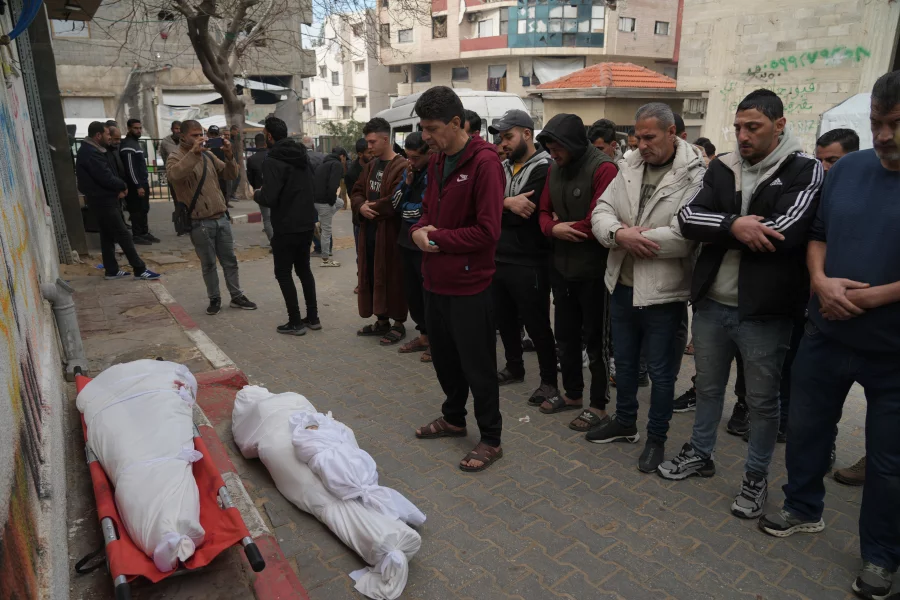 During a diplomatic visit to Calcutta, India, in May, US Secretary of State Hillary Rodham Clinton stopped at a shelter for young women and girls. It was not an ordinary shelter, but one with a specific mission – a mission Ms. Clinton wanted reporters to broadcast to Americans back home.
During a diplomatic visit to Calcutta, India, in May, US Secretary of State Hillary Rodham Clinton stopped at a shelter for young women and girls. It was not an ordinary shelter, but one with a specific mission – a mission Ms. Clinton wanted reporters to broadcast to Americans back home.
It was a shelter established to help victims of human trafficking, an international crime that Clinton and other international players have called one of the world's largest and most pressing human rights concerns. It was also, primarily, helping girls who'd been trafficked for sex.
This is a key cause for Clinton. In recent years, she and other international figures – from United Nations Secretary-General Ban Ki-moon to British Prime Minister David Cameron – have raised the alarm about human trafficking, a practice involving forced labor, from mining to domestic work to prostitution.
"These victims of modern slavery ... their stories remind us of what kind of inhumane treatment we are still capable of as human beings,"
Clinton said in June upon the release of the annual State Department report on global human trafficking. "Traffickers prey on the hopes and dreams of those seeking a better life, and our goal should be to put those hopes and dreams back within reach."





 Alberto Castañeda Mondragón says his memory was so jumbled after a beating by immigration officers that...
Alberto Castañeda Mondragón says his memory was so jumbled after a beating by immigration officers that... Israeli forces have detained two journalists, two foreign solidarity activists and a Palestinian anti-settlement activist in...
Israeli forces have detained two journalists, two foreign solidarity activists and a Palestinian anti-settlement activist in... Attorneys for the Trump administration are aiming to deport Liam Conejo Ramos, the five-year-old boy whose...
Attorneys for the Trump administration are aiming to deport Liam Conejo Ramos, the five-year-old boy whose... Israeli strikes in Gaza killed at least 19 Palestinians, most of them women and children, by...
Israeli strikes in Gaza killed at least 19 Palestinians, most of them women and children, by...






























